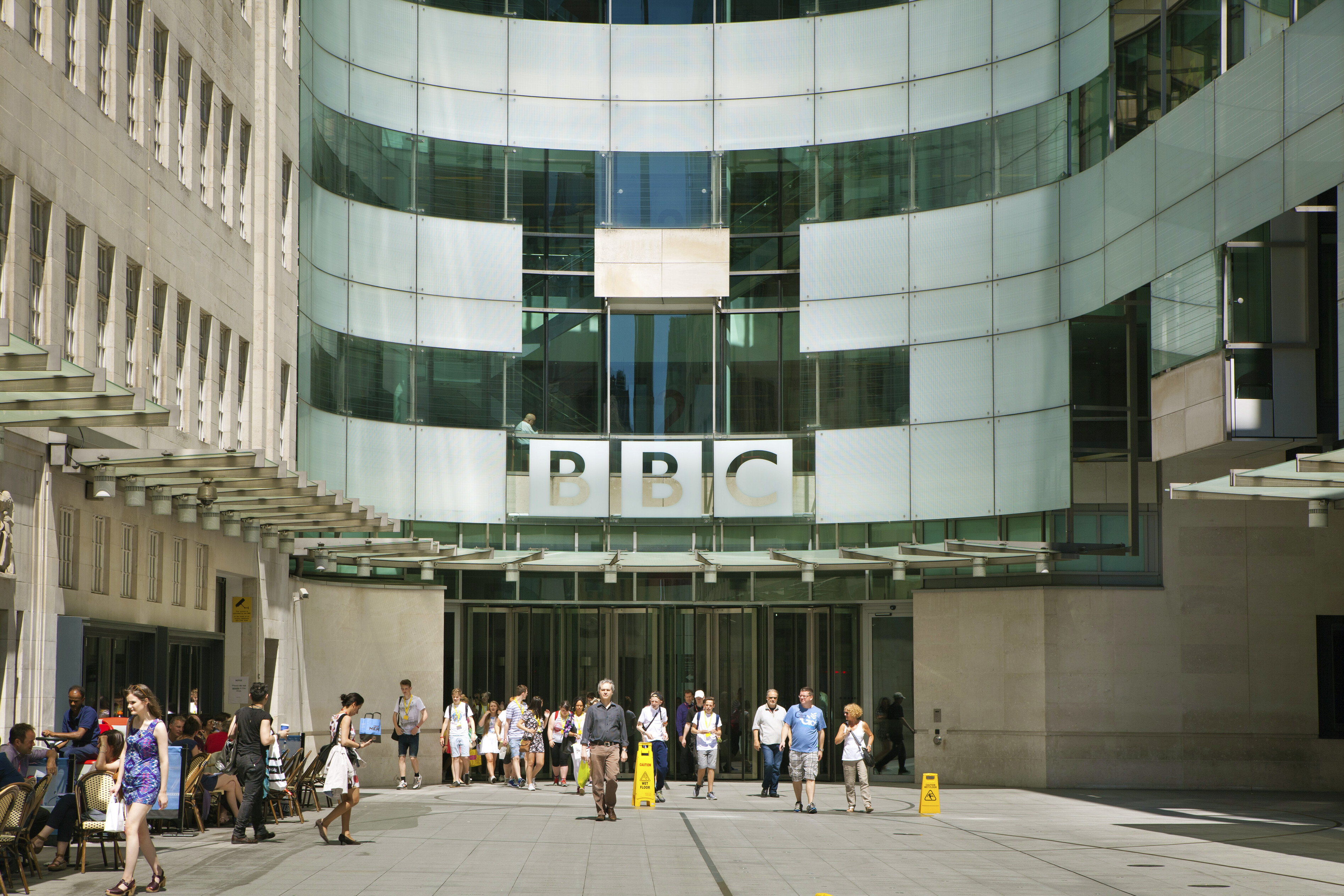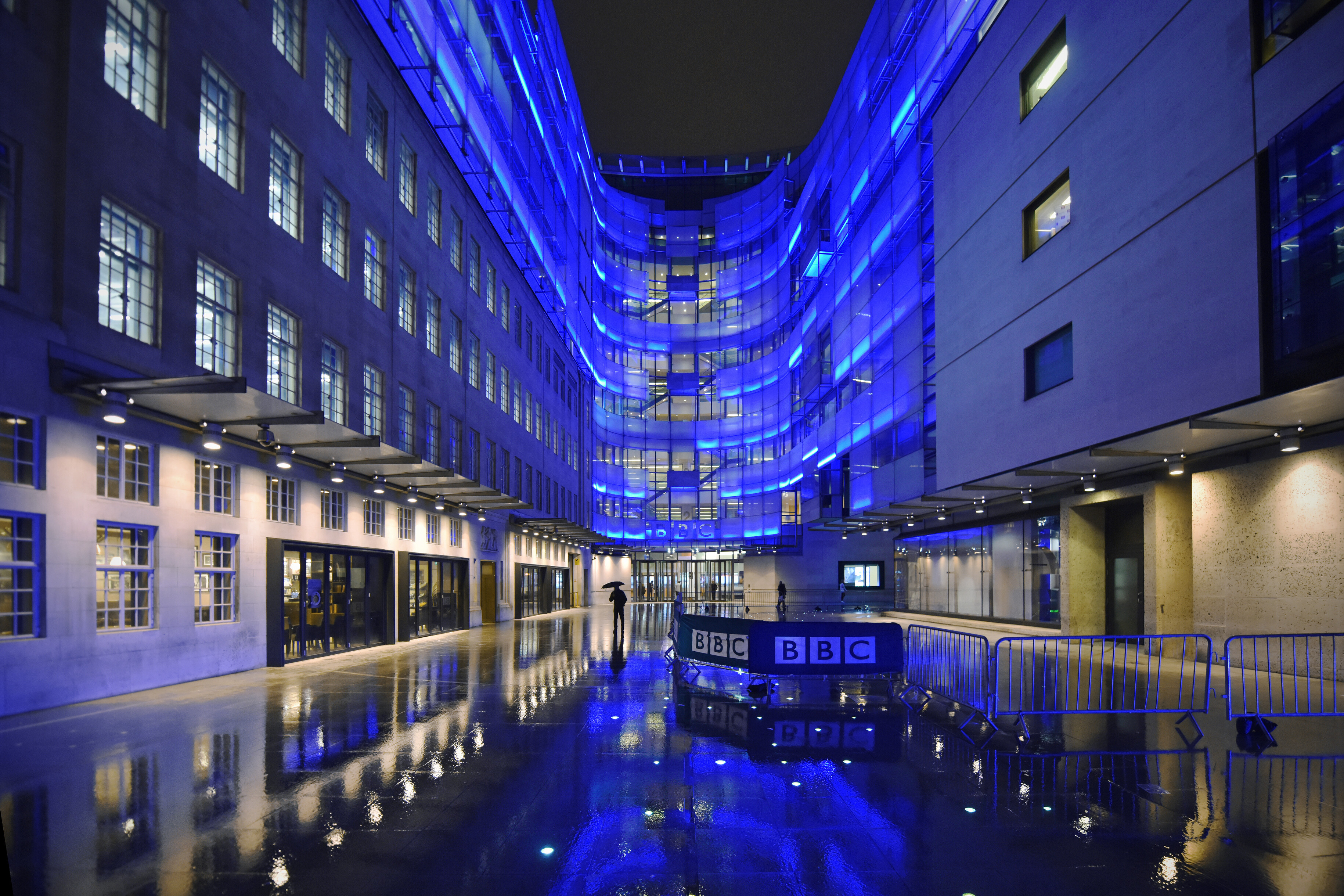As Tony Hall prepares to step down as Director General of the BBC, what challenges will his successor face?
Tony Hall will leave the BBC this summer after seven years as Director General and ahead of the organisation’s centenary in 2022. In a message to BBC staff he said: “If I followed my heart I would genuinely not want to leave,” but acknowledged that “an important part of leadership is putting the interests of the organisation first.”
But this organisation, the BBC, is more than a public broadcaster. It is both a leading global media organisation and a cornerstone of public broadcasting watched closely by others worldwide. This means that a change in leadership at the BBC has ramifications well beyond the UK. Tony Hall’s unexpected announcement has been interpreted as a response to the strained relationship between the BBC and Boris Johnson’s government, allowing the current board to pick his successor ahead of Chairperson David Clementi stepping down at the end of his term in 2021.
The BBC is three-years into an 11-year charter, meaning its mission is technically secure until 2027. However, difficult negotiations to cement the latest charter resulted in the corporation agreeing to government demands for a mid-term review in 2022, adding to pressure for earlier change at the top to ensure the corporation has the same leader for both processes.
Read more: The search begins for a new DG at the BBC
Lord Hall was hired in 2013 to stabilise the BBC in the wake of the turmoil caused by the Jimmy Saville scandal and Lord McAlpine row. Emphasising the progress made under his tenure, Lord Hall praised staff for making the organisation “more innovative; more open; more inclusive; more efficient; [and] more commercially aware”. Yet his resignation also comes at a time of significant challenges for the broadcaster.
From pay disparity and claims of bias, accompanied by calls to replace the licence fee with a subscription funding model, it appears the very notion of an independent and publicly accountable public broadcaster is under greater threat in the UK than it has been for many years.
If the BBC is to not only survive but thrive the new Director General will need to have a clear understanding of the challenges as well as a clear and workable strategy for responding to them.
Technological disruption
As with other public broadcasters, perhaps the most significant challenge for the BBC is to prove that it is living up to its core values and reaching all audiences in the UK, while maintaining relevance in the digital age.
From Spotify to Netflix, audiences everywhere are increasingly turning to streaming services for entertainment. It’s important that the BBC remains a strong and innovative player in terms of digital engagement but competing with SVOD’s, drama-for-drama, is not its core purpose. The BBC is underpinned by a different mission that includes entertainment but encompasses its other core purposes of providing accurate, credible news and information to all citizens of the UK.
Technological disruption is particularly challenging in terms of proving relevance to younger audiences, particularly those under the age of 24. Last year an Ofcom report found that fewer than half of 16-24 year-olds in the UK tuned into a live BBC TV channel each week.
Despite taking an early lead in multiplatform innovation and making notable steps to ramp-up its digital offerings – iPlayer personalisation, BBC Sounds and significantly improving its IP standing – the BBC faces significant criticism in its attempt to compete with private digital outlets whilst not losing sight of its universal mandate.
Licence Fee
The BBC remains a global leader and the envy of many national media organisations. Its licence fee funding model established a direct link between the public and the broadcaster, leading the way for other public broadcasters worldwide.
Repeated calls for a subscription model undermine the necessity of the licence fee to the broadcaster’s “public value”. Prime Minister Boris Johnson even labelled it a “poll tax” and suggested decriminalisation of non-payment during December’s general election campaign.
But while audiences may indeed be subscribing to numerous streaming services, none of them offer the local, regional and national relevance of a public service media organisation such as the BBC.
Read more: BBC announces change to free licences for over-75s
Audience relevance is also central to making a case for the BBC to remain underpinned by a direct licence fee funding model. Unfortunately, describing the licence fee as a ‘Television Licence’, has become an outdated framing in the digital era. Other public broadcasters, such as those in Germany, have already moved to a different ‘per household or institution’ basis for the licence fee while maintaining the direct link between public and broadcaster that is so fundamental.
From June 2020 the BBC will also have to shoulder the costs of the licence fee for people over the age of 75 and on pension credit, following a government decision in 2015 to cease funding licence fees for the over-75s. This will amount to a cost of £250million by 2021/2022 during a time when the corporation is undergoing an efficiency drive in an attempt to save £1.6billion.
Pay disparity
There was no mention of ongoing gender pay-gap disputes in Tony Hall’s email to staff, despite the BBC facing numerous accusations of inequality and court action. Most recently, TV presenter Samira Ahmed sued the broadcaster for – and won – a £400,000 settlement after discovering that a male colleague was paid six-times her salary for similar work.
Read more: Samira Ahmed wins BBC equal pay tribunal
During the landmark tribunal, the names of 120 female staff who are pursuing gender pay complaints, were also revealed. The alarming inequity resulted in Hall pledging to close the gap by the end of 2020 – a legacy his successor will have to commit to.
Values of PSM
A fundamental challenge facing the future Director General, and shared by public media worldwide, is the ideological argument: What is the role of the BBC in the 21st Century?
This isn’t simply a matter of internal reflection and adapting the BBC to contemporary audience needs. The organisation needs to ensure that the values and roles of public service media are understood by both citizens and politicians: its role in holding power to account, underpinning democracy and, in particular, what would happen if it were to disappear.
Read more: At the BBC, impartiality is precious. We will protect it
The BBC has always faced criticism but it currently faces a heightened onslaught from multiple critics; thinktanks, politicians claiming bias and commercial rivals claiming it has an unfair advantage. Since the recent election, the Conservative government has effectively boycotted political affairs shows such as the Today programme, with some prominent MPs mislabelling the licence fee as a “regressive poll tax”, with little regard for the fact that the licence fee guarantees the BBC’s independence. Such rhetoric is amplified by sympathetic and competing media outlets.
But what is currently lacking is a single, strong voice from the BBC in defence of its public service values. This voice must include staff as well as leadership and senior managers all with a clear understanding of the organisation’s public media values as one of, if not ‘the’, leading global public broadcasters.
Like all large institutions, the BBC is far from perfect but in a post-truth era, there needs to be better recognition of the unique contribution of public media. Now more than ever public service media need to speak up and advocate their position in society, their part in holding power to account and building trust. And this particular role is the most important one for those who appoint the next leader of the BBC to understand.
Read more: Protecting the licence fee
Read more: BBC Newsnight and Today show face cuts as part of savings drive
Header Image: BBC Broadcasting House in central London. Headquarters and offices of the British Broadcasting Corporation. Night time floodlit offices reflected in the rain – photographed from the public highway. Credit: oversnap/iStock
Related Posts
25th October 2019
Focus on PSM | The challenges facing the BBC
Concerns over transparency, relevance,…

